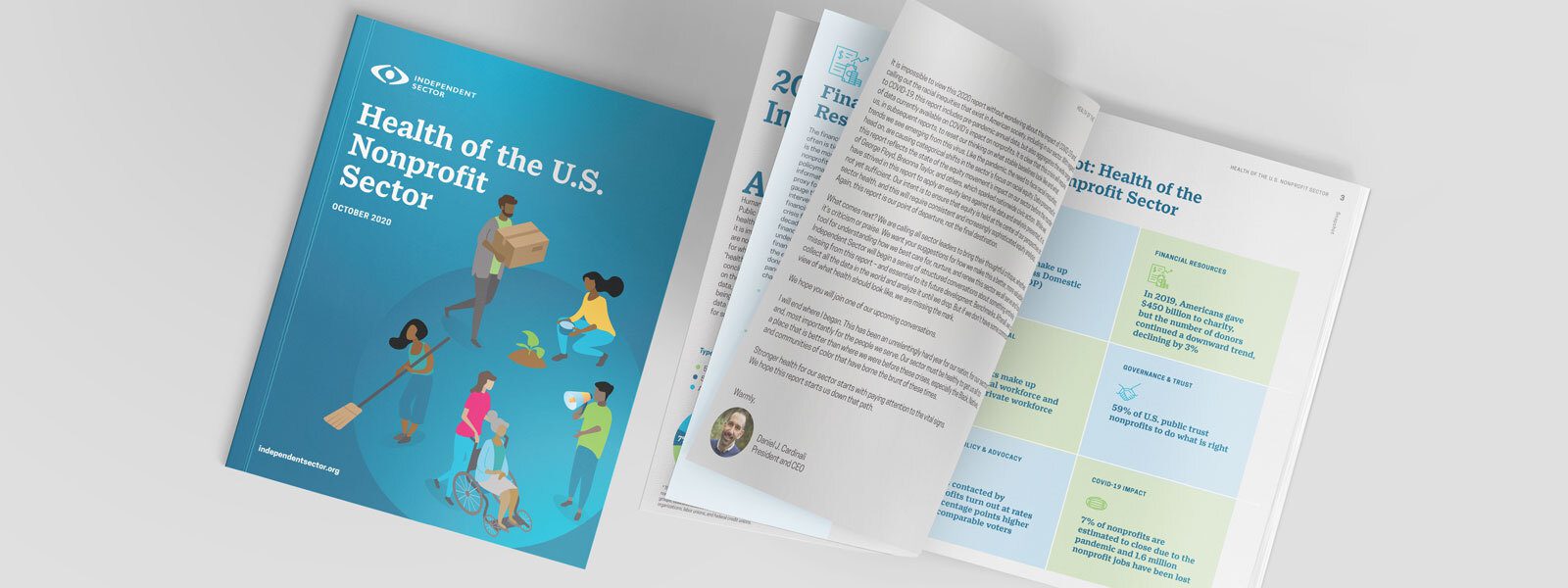Keeping it Ethical is our weekly blog series highlighting the 33 Principles for Good Governance and Ethical Practice. Throughout the series, we hope to highlight the importance of each Principle, the helpful resources associated with it, and learn more from you about how you’ve incorporated these Principles into your charitable organization.
Student loan, home loan, car loan, a loan to fix your roof that’s suddenly spewing sludge from cracks you didn’t know existed – there’s pretty much a loan to fix anything and everything. Well, in the land of nonprofits, suspicions related to loans given to officers and directors have landed some organizations in sticky situations. Enter Principle 23, which gives us fair warning – nope, don’t you dare give loans out willy-nilly.
The guidance is simple and proactive — a charitable organization should refrain from providing loans or even the equivalent of loans, such as loan guarantees or otherwise, to officers, board directors, or even trustees. That’s all folks, well for the most part!
Under federal law there’s a clear rule against using funds from foundations, supporting organizations, and other donor advised funds to provide loans related to disqualified persons. This is fancy IRS language for people including directors, trustees, and officers. Of course, the IRS cares a lot about this and asks you to report any such loans or advances on your annual information return. Unfortunately, some organizations could abuse loans like this to provide disguised compensation or an arm’s length loan, where the lender and receiver appear not to know each other.
Our advice is play it safe. Don’t provide loans to people including board directors, trustees, officers, other substantial contributors, and related parties. Remember, being proactive allows your organization to steer clear of conflicts of interest.
We understand there may be some extraordinary situations when an organization may deem it admissible to provide a loan to a staff member. In such circumstances, you should consult a legal professional to make sure everything is being done correctly according to federal and state regulations. You also should also have this decision approved by the board.
Didn’t we tell you this was a simple one? It’s always nice to have some extra resources at hand if the topic still feels unfamiliar. Check out these stellar resources while you’re at it:
- It’s Clear That the Board Transparency of Today Has Many Looks – BoardEffect
- 4 Things Your Nonprofit Could Be Doing Illegally – Nonprofit Hub
Learn more about Principle 23 and the associated resources.
If you’ve got additional resources that support Principle 23, please share them or any other thoughts in the comments below, or use #npethics on social media.



